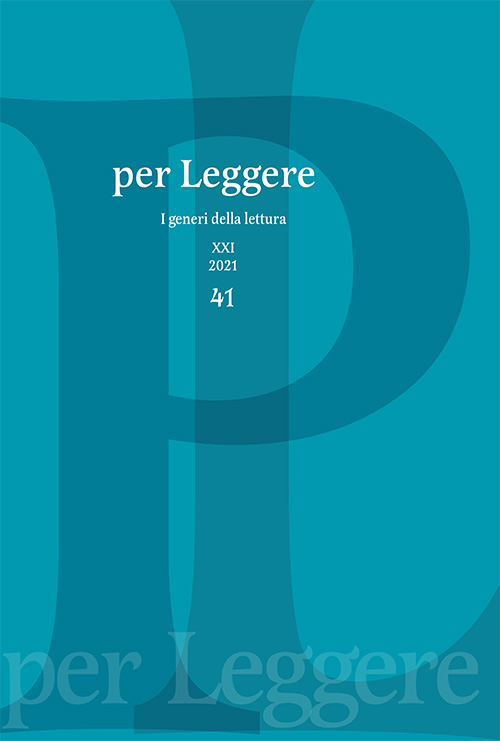History of a sonnet no longer attributable to Burchiello
DOI:
https://doi.org/10.7347/PLXXI-412021-01Abstract
This essay examines the critical edition of Santo Bernardo Cristo ha dimandato, the widely-read misogynist sonnet against marriage known also by the incipit, Dice Bernardo a Cristo: “E’ c’è arrivato, as it is appears in the fifteenth-century vulgate of Burchiello’s sonnets. Contrary to what has been asserted so far, the two incipits do not introduce, respectively, a proposition and its response, but open the same text. By analyzing the oldest accounts of the sonnet’s readership from the 14th century, it is possible to retract its attribution to Burchiello. Moreover, its principal modifications throughout the 14th-18th centuries are identifiable. During this time, different incipits and explicits were generated, another text – Amico mio, per non esser dannato – was added, and translations from Italian to Spanish and back from Spanish to Italian were made.


